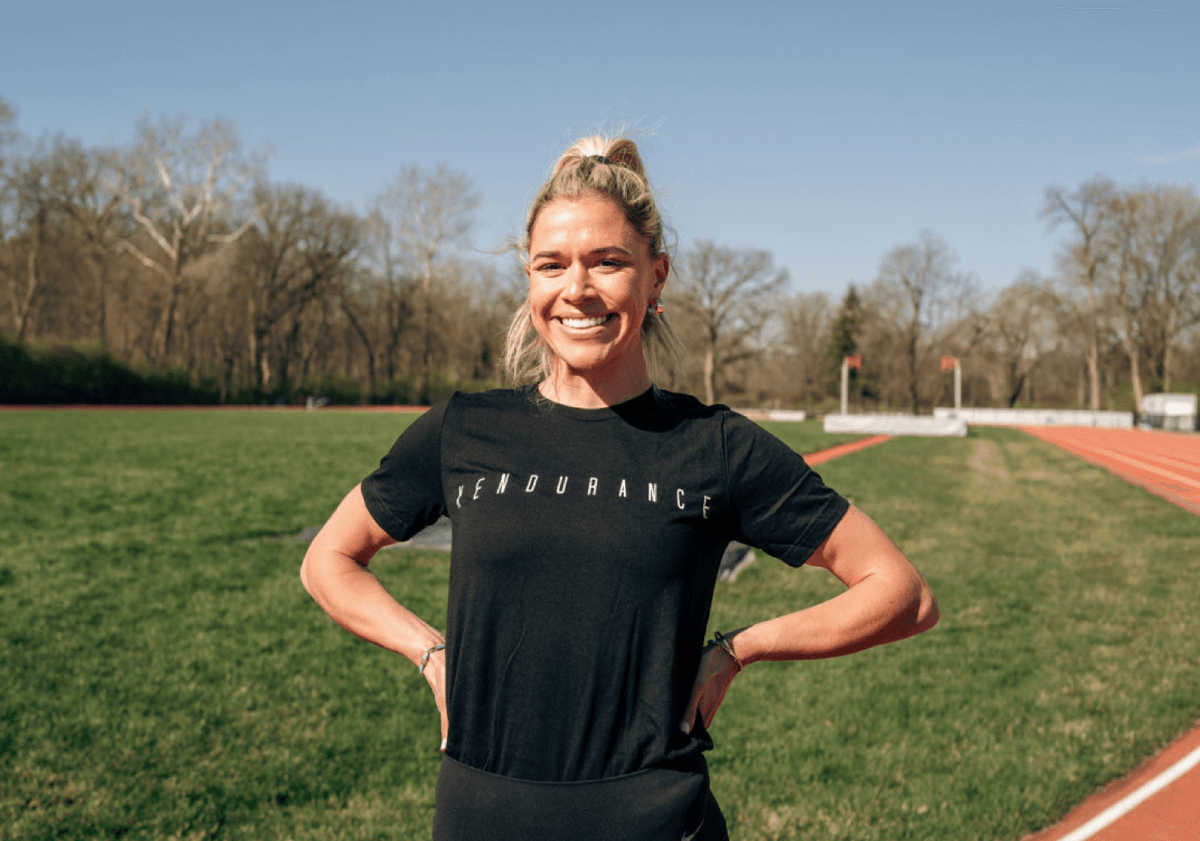Aging is a natural process that affects us all. While we cannot stop the passage of time, modern science has unlocked several ways to slow down or even reverse certain aspects of biological aging. The desire to feel and look younger has led to a surge of interest in anti-aging strategies that claim to rejuvenate the body at the cellular level. Reversing the biological clock, in essence, is about improving our quality of life, preventing age-related diseases, and enhancing overall well-being. Let’s explore seven scientifically-backed ways you can reverse your biological clock.
Why Reverse Aging?
Before diving into the strategies, let’s first address why reversing aging is crucial. Biological aging is the result of various physiological processes, including the breakdown of DNA, cellular damage, and the gradual loss of function in organs and tissues. While we cannot stop aging altogether, slowing it down has enormous benefits.
The importance of reversing aging lies in the potential to extend healthspan (the period of life spent in good health), not just lifespan (how long you live). A longer life filled with vitality, energy, and fewer age-related diseases like heart disease, dementia, and diabetes is a goal that many of us can strive for. Moreover, science shows that slowing down biological aging might also improve cognitive function, immune health, and overall physical performance.
With this in mind, let’s delve into the most effective methods for reversing the biological clock.
1. Intermittent Fasting: A Powerful Tool for Rejuvenation
One of the most promising ways to slow down biological aging is through intermittent fasting (IF). Intermittent fasting involves cycling between periods of eating and fasting. Studies have shown that IF can activate cellular repair processes and increase longevity by improving insulin sensitivity, reducing inflammation, and stimulating autophagy—the body’s process of cleaning out damaged cells and regenerating new ones.
The science behind intermittent fasting is profound. A study published in Cell Metabolism revealed that IF enhances mitochondrial function, reduces oxidative stress, and improves overall cellular health. Dr. Valter Longo, a prominent researcher in the field of aging and longevity, has endorsed intermittent fasting as a method to activate longevity genes, reduce risk factors for chronic diseases, and improve metabolic health.
How It Works: During fasting periods, the body enters a state of cellular maintenance, breaking down old, dysfunctional cells and repairing DNA. This process can delay aging at the cellular level and prevent the onset of age-related diseases.
Key Authorities:
- Dr. Valter Longo Professor of Gerontology and Biological Sciences, Director of the Longevity Institute at USC, and author of "The Longevity Diet."
2. Exercise: The Fountain of Youth
Regular physical activity is one of the most effective anti-aging tools available. Exercise doesn’t just help you stay in shape; it has profound effects on your biology. A study in the Journal of Aging and Physical Activity revealed that exercise could help reverse the aging process by improving muscle mass, bone density, and cognitive function. Moreover, it enhances the health of the mitochondria, the energy-producing organelles in cells, thereby improving overall vitality and reducing signs of aging.
Exercise has also been shown to increase telomere length, which are the protective caps at the ends of chromosomes that shorten with age. Longer telomeres are associated with a reduced risk of age-related diseases, and research indicates that physical activity can slow their rate of shortening. Additionally, exercise can increase the production of growth hormone, which is essential for cell repair and regeneration and reversing your biological clock.
How It Works: Exercise increases the production of antioxidants, reduces inflammation, and improves circulation, all of which contribute to healthier, younger cells. It also triggers the release of important growth factors, such as brain-derived neurotrophic factor (BDNF), which supports brain health and cognitive function.
Key Authorities:
- Dr. David Sinclair Professor of Genetics at Harvard University and author of Lifespan: Why We Age – and Why We Don’t Have To.
3. Optimize Sleep: The Body’s Repair Mechanism
Sleep is often referred to as the body's natural repair mechanism. During deep sleep, the body undergoes cellular repair, hormone regulation, and detoxification. Poor sleep habits are linked to a myriad of health issues, from weight gain and cognitive decline to a weakened immune system and higher risk of cardiovascular diseases.
Research has shown that sleep quality directly affects the aging process. A study published in Science Translational Medicine found that poor sleep accelerates cellular aging and shortens telomeres. On the other hand, adequate sleep helps maintain a youthful appearance, improves cognitive performance, and supports immune function. It helps reverse your biological clock.
How It Works: Sleep is critical for the production of growth hormones, which play a role in tissue growth and regeneration. It also helps maintain a healthy balance of stress hormones like cortisol, which can contribute to aging when levels are too high.
Key Authorities:
- Dr. Matthew Walker Professor of Neuroscience and Psychology at UC Berkeley, and author of Why We Sleep: Unlocking the Power of Sleep and Dreams.
4. Caloric Restriction: Extending Life Through Reduced Intake
Caloric restriction (CR) involves reducing calorie intake without malnutrition. This practice has been shown to extend lifespan and improve health markers by reducing oxidative stress and inflammation. Research conducted on various organisms, from yeast to monkeys, has consistently shown that caloric restriction can delay the onset of age-related diseases and increase longevity.
A study published in Nature Communications showed that caloric restriction promotes autophagy and reduces the accumulation of senescent cells—cells that no longer divide and can contribute to aging and disease. While the long-term effects of CR in humans are still being studied, there is significant evidence to suggest that reducing calorie intake could slow down the biological clock.
How It Works: By limiting calories, the body shifts into a state that optimizes repair processes, improves insulin sensitivity, and reduces chronic inflammation—all of which are key factors in aging. CR also triggers the activation of sirtuins, a family of proteins that regulate cellular repair and protect against age-related diseases.
Key Authorities:
- Dr. Satchin Panda Professor at the Salk Institute and a leading researcher in the field of circadian biology.
5. Supplements and Anti-Aging Compounds
Certain high quality supplements and compounds have shown promise in slowing the aging process. These substances work at the cellular level to protect against oxidative stress, inflammation, and DNA damage—all of which contribute to aging.
Popular anti-aging supplements include:
- Resveratrol: A plant compound found in red wine that activates sirtuins and helps protect against age-related diseases.
- NAD+ Precursors (such as NMN and NR): These compounds boost levels of NAD+, a molecule involved in cellular energy production and DNA repair.
- Curcumin: The active ingredient in turmeric, known for its potent anti-inflammatory properties.
- Collagen: A protein that supports skin elasticity and joint health, both of which degrade with age. Supplements such as Xendurance’s Collagen + Greens highlight Type I & III collagen peptides for cellular health and repair.
How It Works: These compounds target the cellular mechanisms of aging by promoting repair, reducing inflammation, and protecting against oxidative damage. For example, resveratrol and NAD+ precursors enhance mitochondrial function, while collagen supports skin regeneration.
Key Authorities:
- Dr. Rhonda Patrick, Ph.D. a leading expert in aging, health optimization, and nutrition, often discusses the benefits of these compounds on her platform FoundMyFitness.
6. Stress Management: The Silent Agitator of Aging
Chronic stress is one of the most significant accelerators of aging. Stress triggers the release of cortisol, a hormone that, when elevated over time, can impair immune function, disrupt sleep, and increase the risk of chronic diseases. Furthermore, chronic stress is linked to shortened telomeres, which accelerates aging at the genetic level.
To reverse the biological clock, stress management techniques such as meditation, yoga, deep breathing, and mindfulness can be incredibly effective. A study published in Proceedings of the National Academy of Sciences found that mindfulness meditation could reduce the impact of stress on telomere length, helping to slow down biological aging.
How It Works: Stress reduction practices lower cortisol levels, improve immune function, and support mental health, all of which contribute to healthier aging. Meditation and mindfulness also enhance brain plasticity, which supports cognitive health.
Key Authorities:
- Dr. Jon Kabat-Zinn creator of the Mindfulness-Based Stress Reduction (MBSR) program, and a leading expert in the field of mindfulness.
7. Skin Care: Protecting the Body’s Largest Organ
While internal aging is essential to address, caring for your skin is also crucial to reversing visible signs of aging. Your skin is the body’s largest organ and shows the most immediate signs of aging, such as wrinkles, fine lines, and sagging. Proper skin care can slow these visible effects and promote a youthful appearance.
Key practices for healthy skin include:
- Sunscreen: Protects the skin from harmful UV rays that accelerate aging.
- Antioxidants: Topical antioxidants like Vitamin C and E protect the skin from free radicals.
-
Retinoids: Help stimulate collagen production and reduce wrinkles such as Xendurance’s Retinol Night Serum.
How It Works: These skin care practices work by protecting against environmental damage, promoting collagen production, and reducing oxidative stress that leads to skin aging.
Final Thoughts on Your Biological Clock
Reversing the biological clock is not about finding a “magic pill” but about adopting a holistic approach to health and wellness. By implementing strategies such as intermittent fasting, exercise, proper sleep, caloric restriction, supplements, stress management, and skin care, you can extend your health span, and enhance your overall quality of life. These practices work together to support cellular repair, reduce inflammation, and promote longevity. Remember, aging is a natural process, but how you age is largely influenced by the choices you make today. Commit to these strategies consistently, and you’ll not only feel younger but also enjoy a more vibrant and fulfilling life as the years go by.









Leave a comment
This site is protected by hCaptcha and the hCaptcha Privacy Policy and Terms of Service apply.